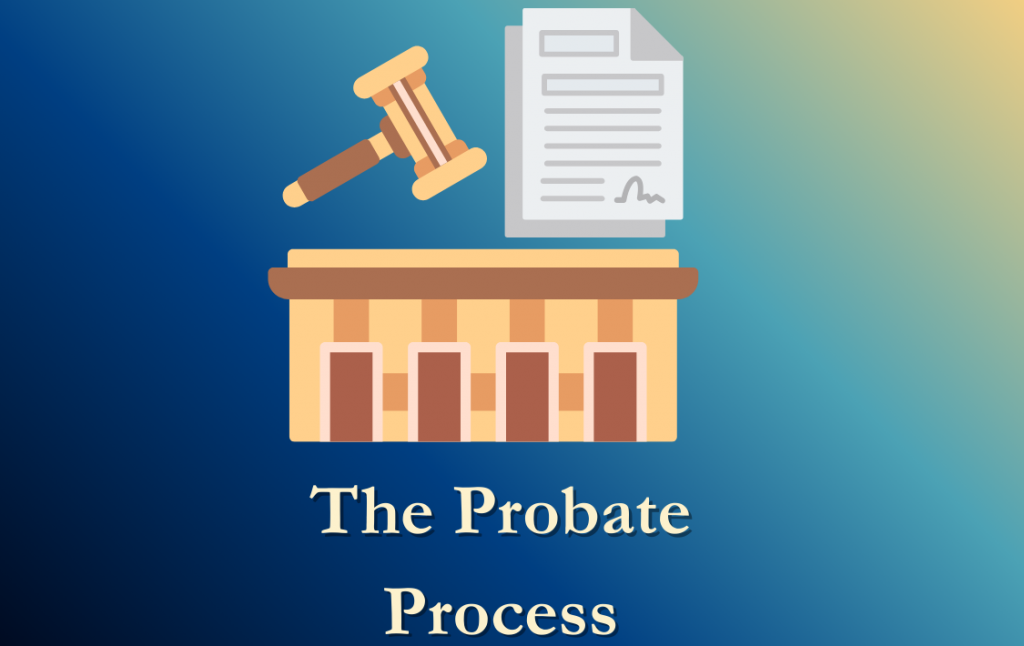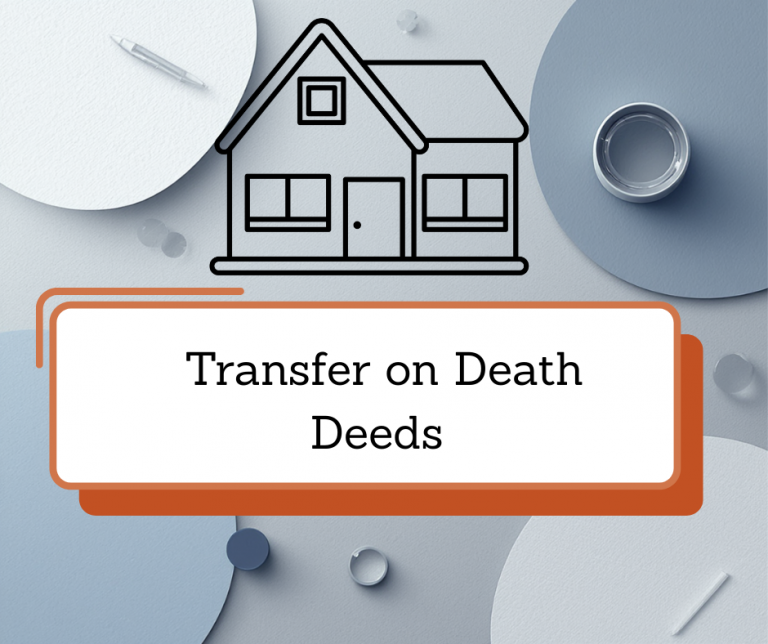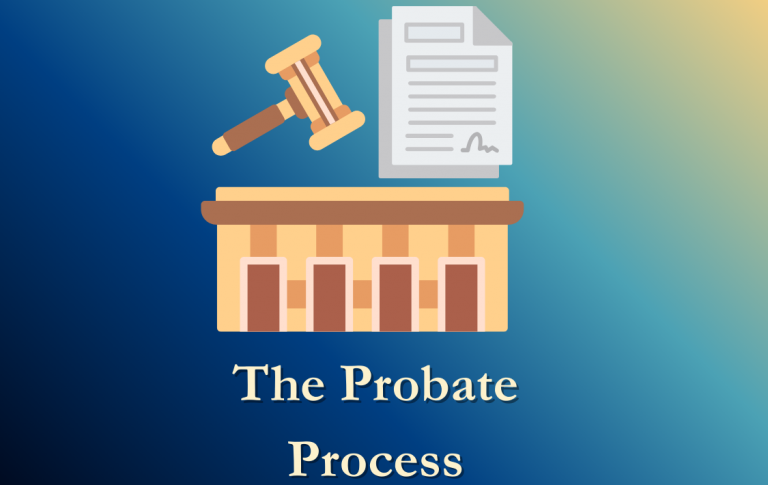Understanding Probate
When a loved one passes away, navigating the legal process of settling their estate can feel overwhelming during an already difficult time. Understanding how probate works in Texas can help you make informed decisions and ensure your loved one’s final wishes are honored while protecting the interests of beneficiaries and creditors.
What is Probate?
Probate is the legal process used to settle a person’s estate after death. It involves proving the validity of a will (if there is one), identifying heirs, paying debts, and distributing property.
When Is Probate Required?
Not all property goes through probate. Probate is generally required for property that was solely owned by the deceased and does not have a beneficiary designation. Examples may include:
- Real estate titled only in the deceased’s name.
- Bank accounts without payable-on-death designations.
- Personal property not otherwise transferred by contract or joint ownership.
Assets such as life insurance with named beneficiaries, retirement accounts, and jointly owned property with survivorship rights typically pass outside of probate.
Types of Probate
Texas offers several probate options, and the process depends on the size and complexity of the estate:
- Independent Administration – The most common and efficient form of probate in Texas. With court approval, the executor can handle most tasks without continuous court supervision.
- Dependent Administration – Requires more oversight by the court. The executor must seek court approval for most actions, which can make the process more time-consuming and costly.
- Muniment of Title – Used in certain cases where there is a valid will, no unpaid debts (other than a mortgage), and no need for ongoing administration. It allows property to transfer without appointing an executor.
- Small Estate Affidavit – Available when a person dies without a will, leaves no real estate other than a homestead, and the value of the estate is below a certain threshold set by law.
How Probate Works
The general steps in a probate case may include:
- Filing an application with the probate court.
- A hearing to recognize the will (if one exists) and appoint an executor or administrator.
- Identifying and notifying heirs and creditors.
- Collecting and valuing assets.
- Paying debts and taxes owed by the estate.
- Distributing remaining property to beneficiaries or heirs.
Final Thoughts
Probate law can be complex, and the stakes are often high for families dealing with grief and financial uncertainty. Knowing which assets require probate and which process may apply helps families prepare and avoid confusion during an already difficult time.
DISCLAIMER: This blog post is for general informational/educational purposes only and does not constitute legal advice. Reading this post does not create an attorney-client relationship. Every situation is different, and you should consult with a qualified attorney about your particular circumstances. For the full disclaimer, click here.









